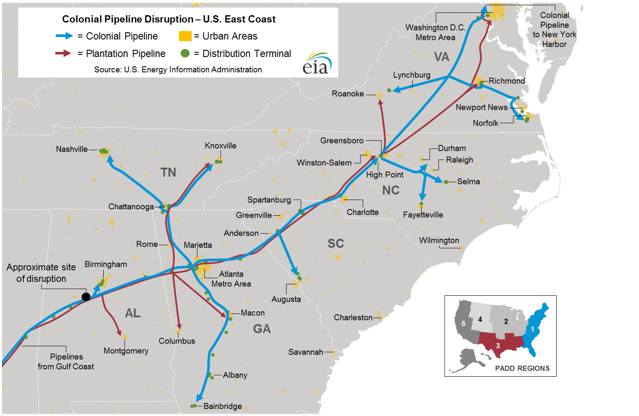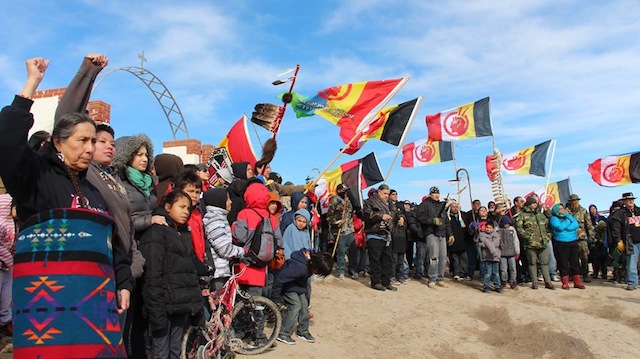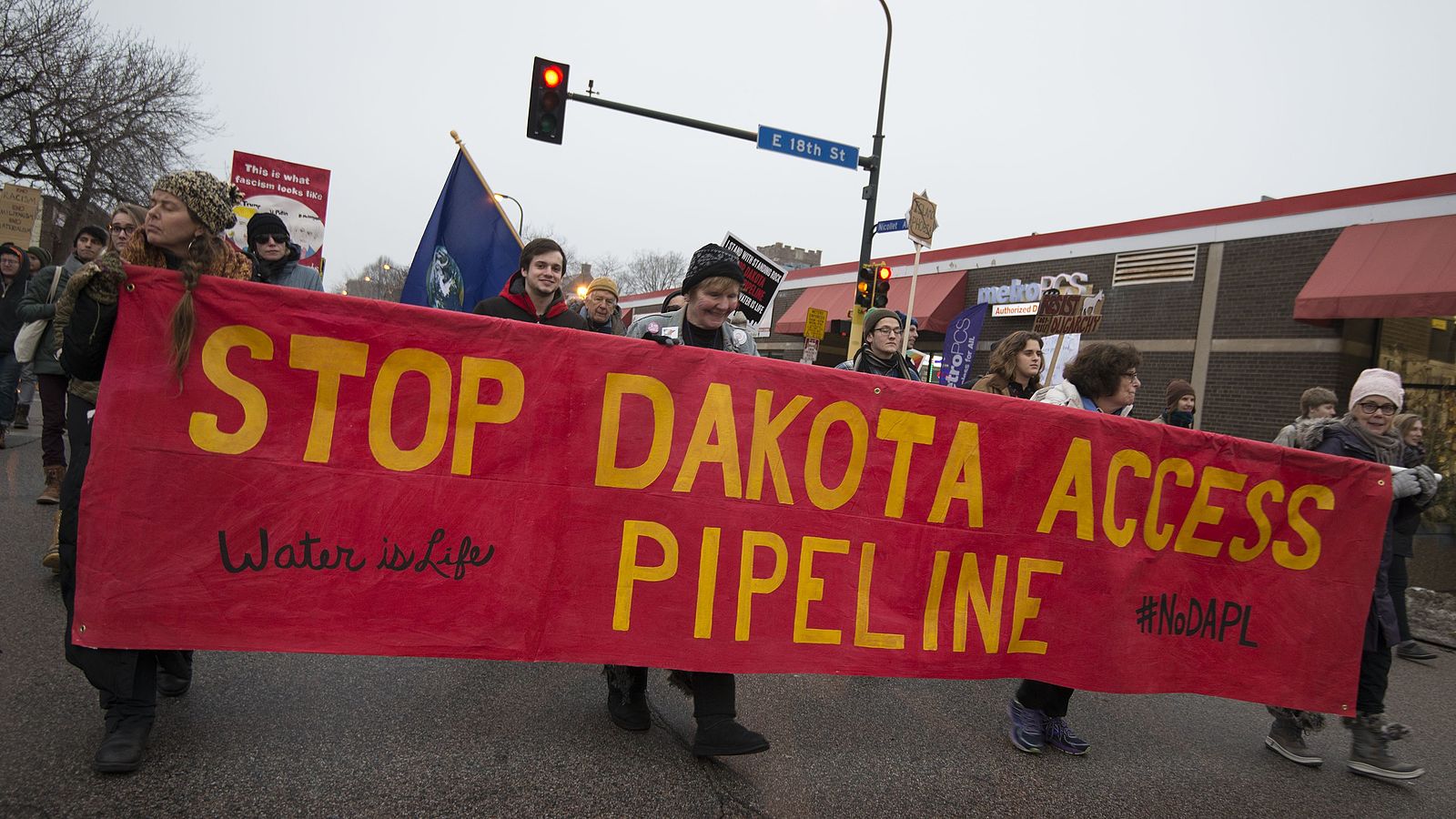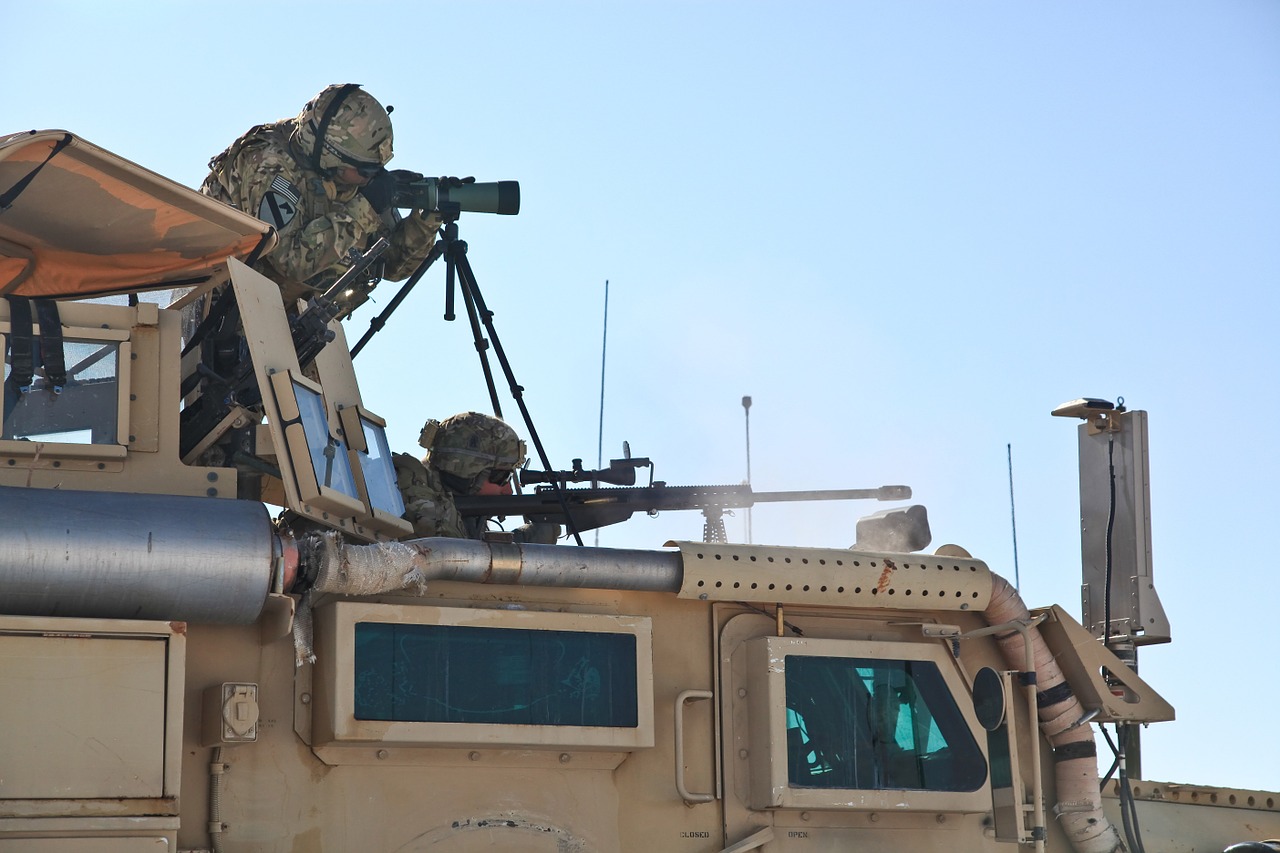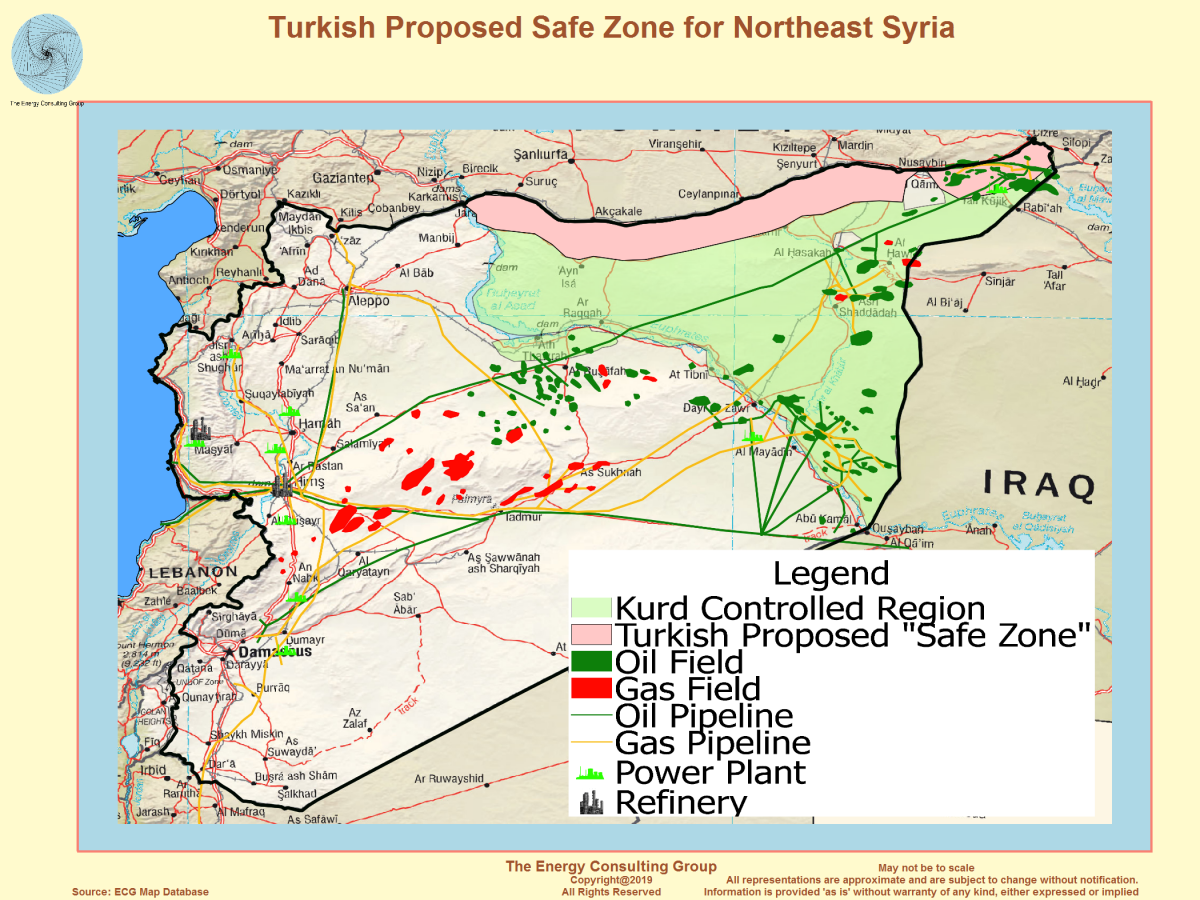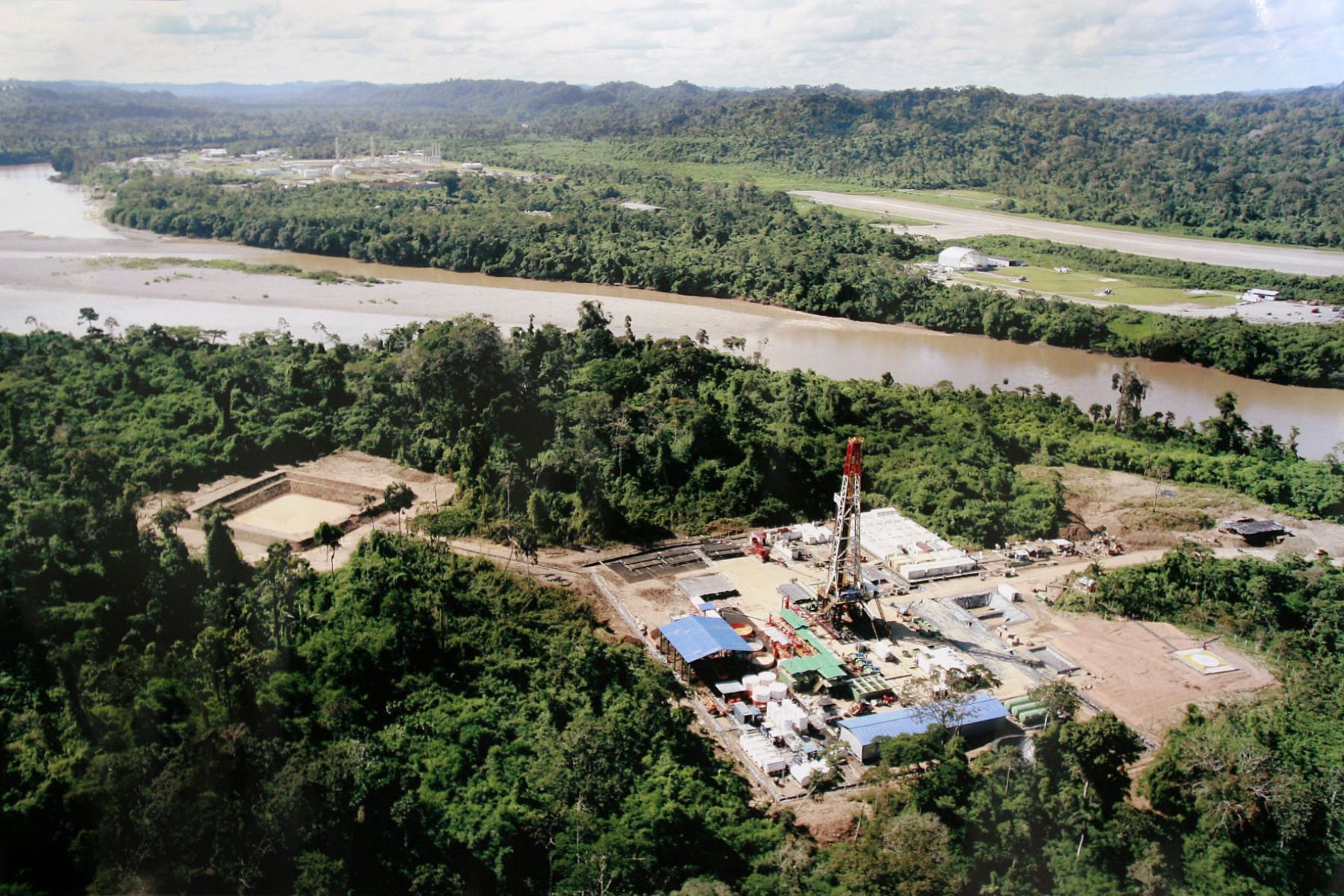
Peru: indigenous opposition to Chinese gas project
A new coalition of Amazonian indigenous groups and environmentalists has come together in Peru to demand oversight and accountability in the development of a huge new hydrocarbon exploitation bloc in the rainforest. The China National Petroleum Corporation (CNPC) won exploitation rights in 2017 at Bloc 58, in the Upper Urubamba zone of Cuzco region, after explorations revealed some 3.9 trillion cubic feet of natural gas reserves, enough to increase Peru’s total gas reserves by nearly 28%. But Bloc 58 overlaps with the traditional territories of the Asháninka and Machiguenga indigenous peoples. The newly formed Amazon Indigenous Platform for Monitoring Chinese Investment in Peru is demanding that exploitation proceed at Bloc 58 only in compliance with the internationally recognized right to “prior and informed consent” of impacted indigenous peoples. (Photo via Andina)



